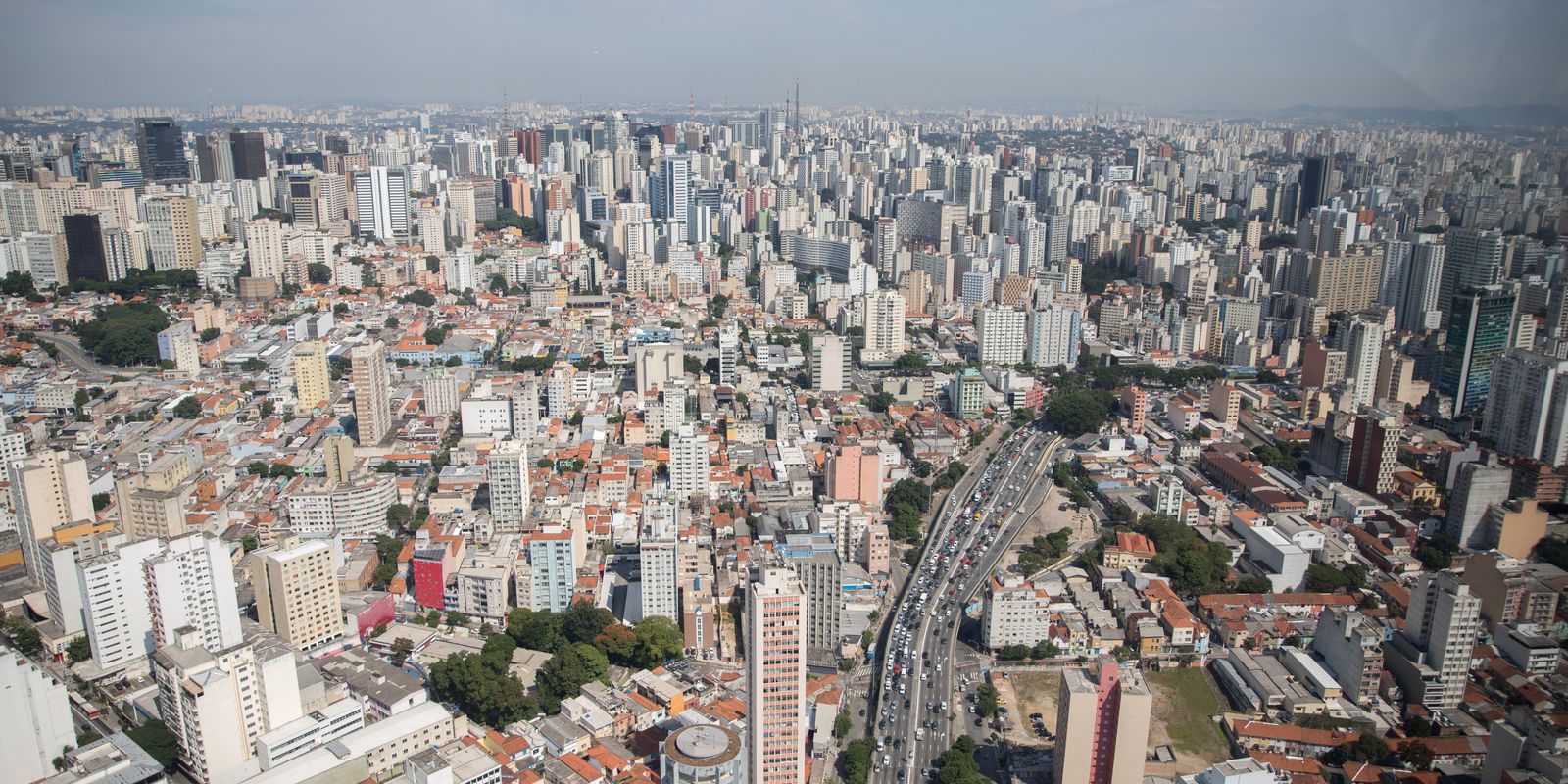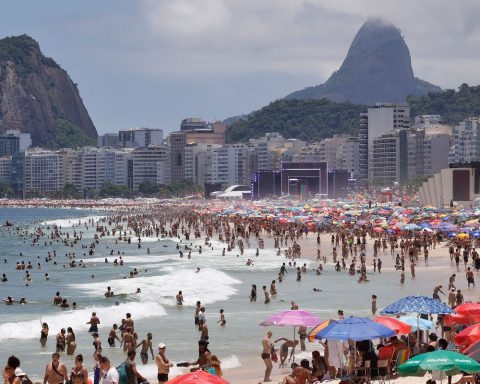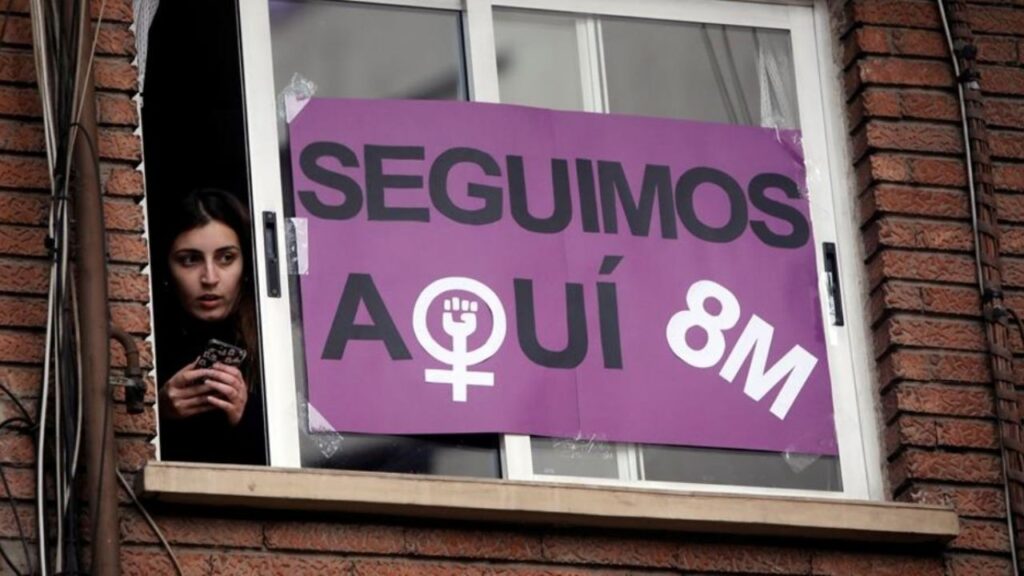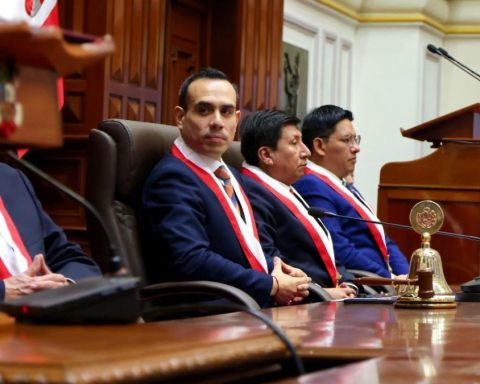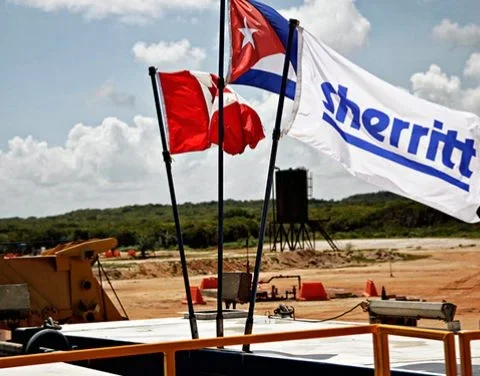The Residential Rent Variation Index (Ivar) rose 2.92% in February, which represents an acceleration in relation to the percentage (1.86%) in January. With the result, the index starts to accumulate a variation of 4.76% in 12 months, the highest variation accumulated by Ivar since the beginning of the historical series, in January 2019. The data were released today (8), in Rio de Janeiro , by the Brazilian Institute of Economics of Fundação Getulio Vargas (Ibre/FGV).
Between January and February, the monthly variation of the Ivar accelerated in almost all the cities that make up the index. Only São Paulo had a slight deceleration: from 2.45% to 2.38%.
Acceleration
Considering the trend of the accumulated variation in 12 months, all the cities that make up the Ivar presented acceleration: São Paulo (from 0.40% to 2.83%), Rio de Janeiro (from 1.85% to 4.90%), Belo Horizonte (from 3.69% to 9.32%) and Porto Alegre (from 0.84% to 5.46%).
Ivar was developed to measure the monthly evolution of residential rental values in the real estate market in Brazil. The Residential Rent Variation Index uses information from contracts signed between landlords and tenants, brokered by property management companies in São Paulo, Rio de Janeiro, Belo Horizonte and Porto Alegre.
